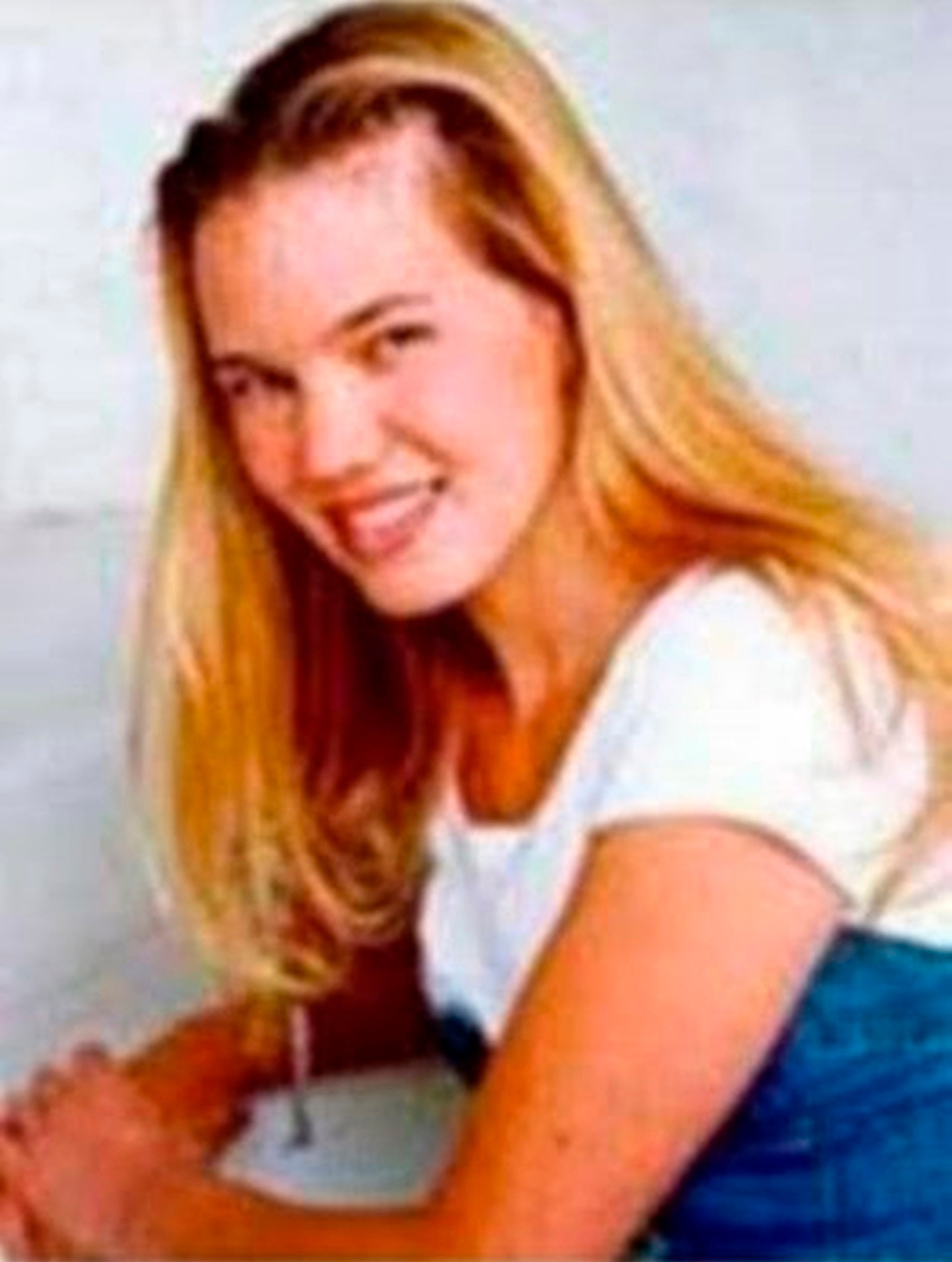Parents sue father accused of hiding Kristin Smart's body
The parents of missing California college student Kristin Smart have sued the father of the man charged with killing their daughter nearly 25 years ago

Your support helps us to tell the story
From reproductive rights to climate change to Big Tech, The Independent is on the ground when the story is developing. Whether it's investigating the financials of Elon Musk's pro-Trump PAC or producing our latest documentary, 'The A Word', which shines a light on the American women fighting for reproductive rights, we know how important it is to parse out the facts from the messaging.
At such a critical moment in US history, we need reporters on the ground. Your donation allows us to keep sending journalists to speak to both sides of the story.
The Independent is trusted by Americans across the entire political spectrum. And unlike many other quality news outlets, we choose not to lock Americans out of our reporting and analysis with paywalls. We believe quality journalism should be available to everyone, paid for by those who can afford it.
Your support makes all the difference.The parents of missing California college student Kristin Smart on Thursday sued the father of the man charged with killing their daughter nearly 25 years ago.
The lawsuit filed in San Luis Obispo County Superior Court said Smart s body was buried in Ruben Flores's backyard and he moved the body “under cover of darkness” to another location a few days after investigators searched his property in February 2020.
Ruben Flores, 80, pleaded not guilty to accessory after murder on Monday and his son, Paul Flores, 44, pleaded not guilty to murder.
The father and son were arrested last week after investigators said they found “biological evidence” indicating Smart had been buried under Ruben Flores’ deck behind his home in nearby Arroyo Grande and was recently moved, according to a court document.
The suit seeks unspecified damages for intentionally causing emotional distress by helping his son cover up the crime. It said Flores got help moving the body from two unnamed accomplices who will later be added as defendants in the case.
“Had Kristin’s remains not been hidden, re-hidden and then moved yet again, it is reasonably likely (her parents) could have been reunited with the remains of their daughter and would have been permitted the opportunity to conduct a burial service at which their daughter could be laid to rest in a place of honor and dignity, as opposed to the present circumstances where their daughter’s body was discarded like human garbage,” the suit said.
Attorney James Murphy Jr. did not say how he learned about when the body was moved.
Ruben Flores was released Wednesday on $50,000 bail.
A criminal defense lawyer for Flores did not immediately return a phone call and email from The Associated Press seeking comment on the lawsuit.
Prosecutors had argued he shouldn't be released because he had spent nearly a quarter century helping his son cover up the crime and was likely to continue to hide Smart's remains.
Her body has never been found.
Defense lawyers have criticized evidence against the father and son as flimsy and based on hearsay and speculation.
Paul Flores was the last person seen with Smart on May 25, 1996, at California Polytechnic State University in San Luis Obispo, where they were both freshmen. Prosecutors said he killed Smart while trying to rape her in his dorm room after he had agreed to walk her home from a party, where she had gotten intoxicated.
The case has long been a mystery on the scenic Central Coast. A billboard featuring a photo of Smart smiling and offering a $75,000 reward for finding her has served as a constant reminder of her disappearance in the town of Arroyo Grande where the Flores family lives just a short drive from the campus.
Denise and Stan Smart, who live in Stockton sued Paul Flores in 1996 and a judge has put that case on indefinite hold because the investigation into her death has been ongoing since she vanished. They also sued Cal Poly, though that suit fizzled because the university had immunity as a government entity, Murphy said.
Murphy, who has been on the case for more than half of his 46-year legal career, said he was in tears over the arrests and savoring the idea of being able to witness the outcome after so many years.
“To still be practicing and watch the final chapter unfold is the greatest reward for me,” Murphy said.